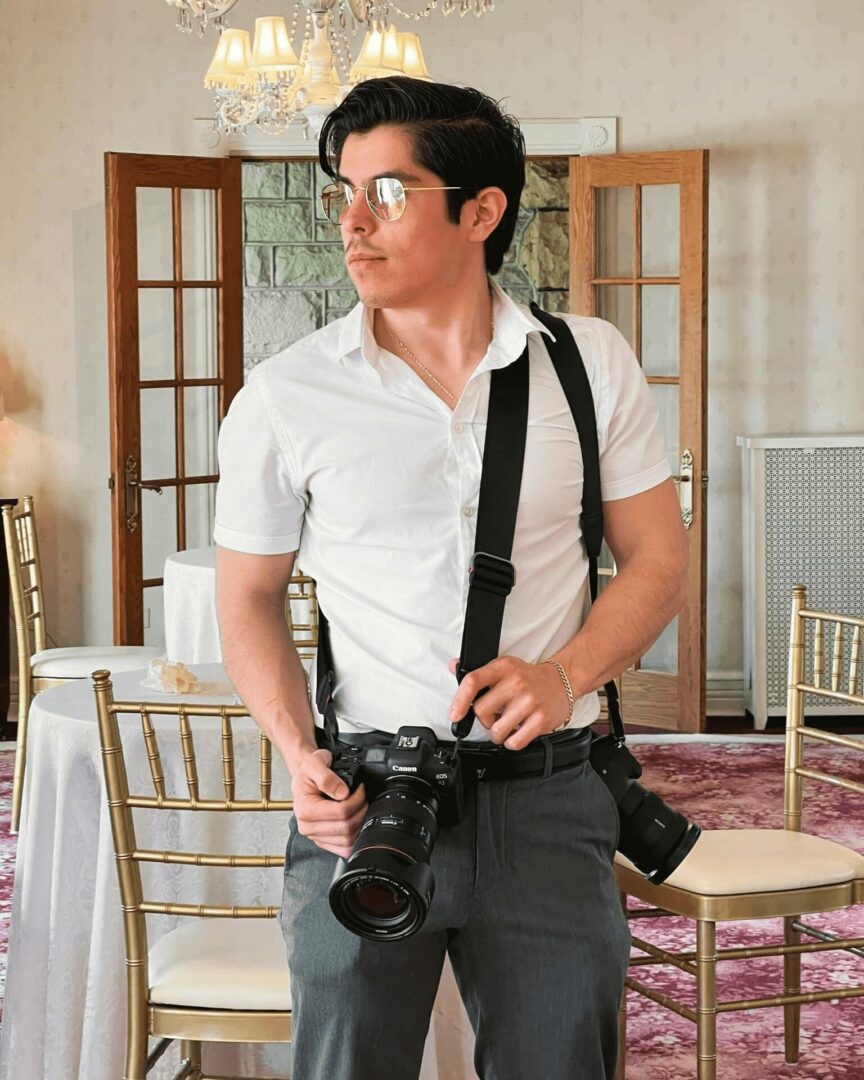We were lucky to catch up with Lorenzo Leyva recently and have shared our conversation below.
Alright, so we’re so thrilled to have Lorenzo with us today – welcome and maybe we can jump right into it with a question about one of your qualities that we most admire. How did you develop your work ethic? Where do you think you get it from?
I believe I get it most from my mother. Looking back, I think I modeled a lot of myself after my mom. She raised me, but she also was a hardworking woman who never stopped growing in her career. My mom never really stopped at all. What I mean by that is that she not only worked in her job, she also worked in our community, was active in keeping up with her friend groups and our family, worked with several non-profits of all kinds, and volunteered and helped as much as she could. She never let herself rest. I saw how she worked diligently, and she instilled that in me at a young age. A lot of my family are hard workers, my dad, my grandparents, so I think I take from a long history of hardworking people, but my mom was the most direct influence. I used to have to sit in her office while she worked late hours, help her with her students when she worked summer school, help her with the programs and activities she did outside of work…she’s definitely the biggest reason I am who I am when it comes to work ethic.
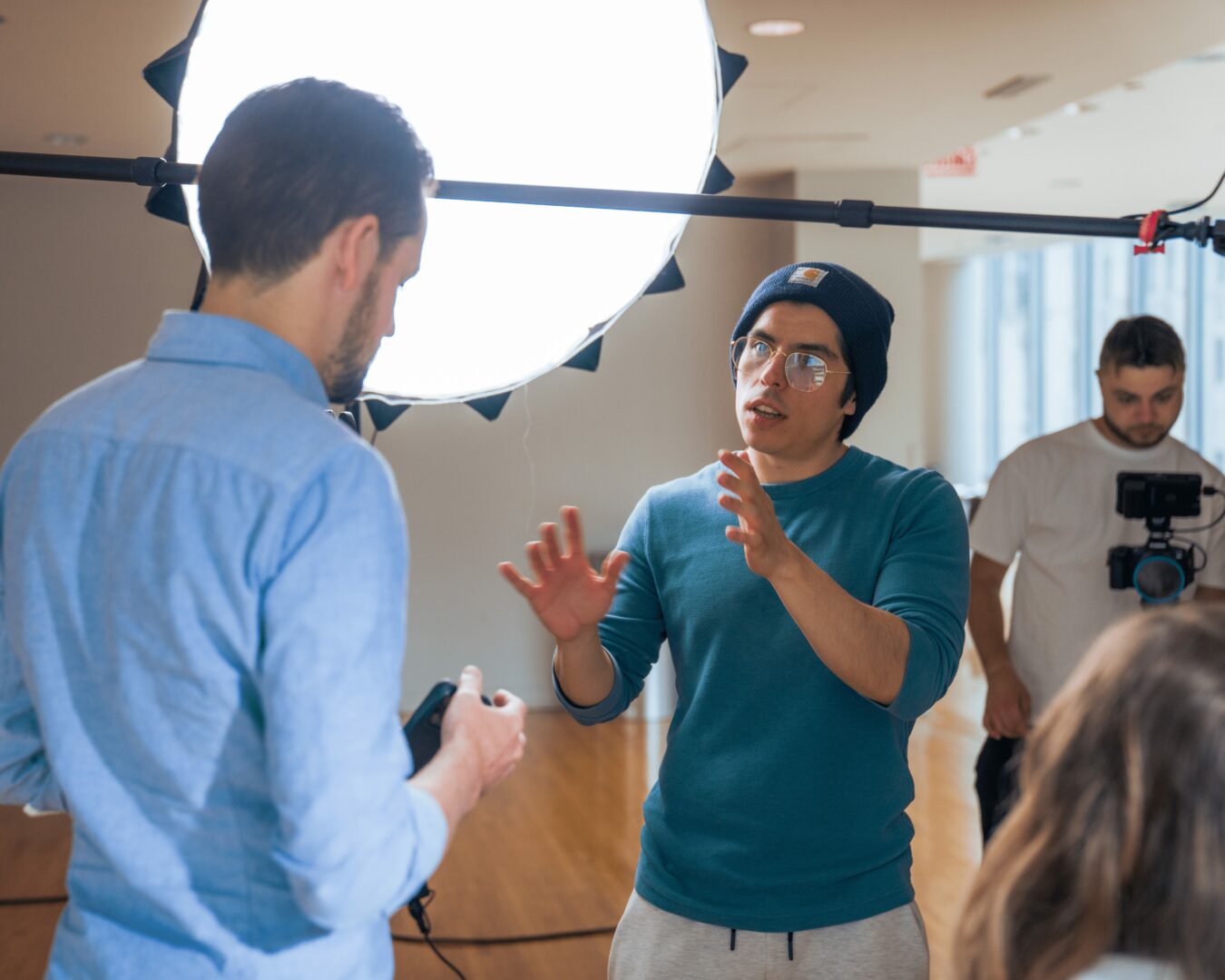

Appreciate the insights and wisdom. Before we dig deeper and ask you about the skills that matter and more, maybe you can tell our readers about yourself?
I am a videographer and director for my own company, Chicago Valley. I also freelance as a camera operator and photographer for several other companies around Chicago.
I think the most exciting thing about what I do is the fact that my days, weeks, and months almost never look the same from one another. Since I have a lot of my own equipment and a very diverse portfolio, I get asked to do all kinds of jobs by all kinds of different clients. For instance, looking backwards at my schedule my most recent projects have been: A promotional video for the Chicago Public Library, headshot photography for the staff of a national construction company, camera operator for a Nigerian beauty pageant similar to Miss America, product photography for a trendy Hot Chicken restaurant, and video coverage for a red carpet event for a film release.
Every month is like that, just a big mess of all kinds of jobs. Sometimes I’m just doing video, sometimes photography, sometimes both. Sometimes I’m editing what I’m shooting, sometimes not. It keeps things interesting for me.
I am somewhat selective at this point in my career. I used to do anything that came my way, but now I try to stay away from anything family/lifestyle, such as graduation photos or birthdays. But, depending on what my month is like, I still like to do weddings when I can.
I’m always trying to chase the opportunities that I think will be the most advantageous for me. Whether that be for a brand, like working an event for DoorDash, or creating a promo for Chicago Public Library, or to help me get my foot in the door for an industry I have yet to do or want more experience in, like product photography or doing documentary work.
I really like to work with local brands, artists, institutions, etc. here in Chicago. I really like capturing Chicago culture in unique and interesting ways for my clients, and I love the feeling that working in various industries, helps me form a more wholistic understanding of Chicago. I’ve done non-profit work, clubs, concerts, conventions, food & beverage of all kind, religious organizations…I’ve worked with Nigerians, Vietnamese, South-Asians, Croatians, Lithuanians, all kinds of cultures and ethnicities, which again, just makes for more interesting & fun work for me. I love the fact that when I look at the people I’ve worked for and the work I’ve done, it is VERY eclectic. I’ve done traditional Chinese weddings, as well as corporate video for a large national insurance company. I’ve worked with universities like Loyola and University of Chicago, but also have done non-profit work for charities and foundations helping underprivileged black & brown schools on the west & south side.
I just love people. Truly. I love being able to capture people, I love that people trust me to capture them, that people trust me with some of their most important projects or even their most important day in their lives. Recently, I worked for Boiler Room when they hosted an event in Grant Park, and I was able to take hundreds of portraits of concertgoers and the performing artists, it was a blast.
For my company, our most recent project is for the Chicago Public Library and all 81 branches of its system. We got to conceptualize a visual story, pitch it to library staff, bring on actors, hire a small crew, and had full access to the Harold Washington Library Center in the heart of Chicago’s South Loop. I used to study in that library when I was in college, so the fact that I now had the opportunity to shoot, direct, and produce a short promo within those halls felt like quite the milestone.
Our intent with Chicago Valley, which I run with my best friend, Marius Rudzevicius, is to be able to get clients who trust our creative vision with their projects. It’s not so much about the clients itself, nor the type of work we bring on, but more about bringing together our team to execute our vision for what the brand/company is asking of us. Whether it’s to help advertise a product, promote an event, or tell a creative story, Chicago Valley will be able to produce what’s needed for our client.
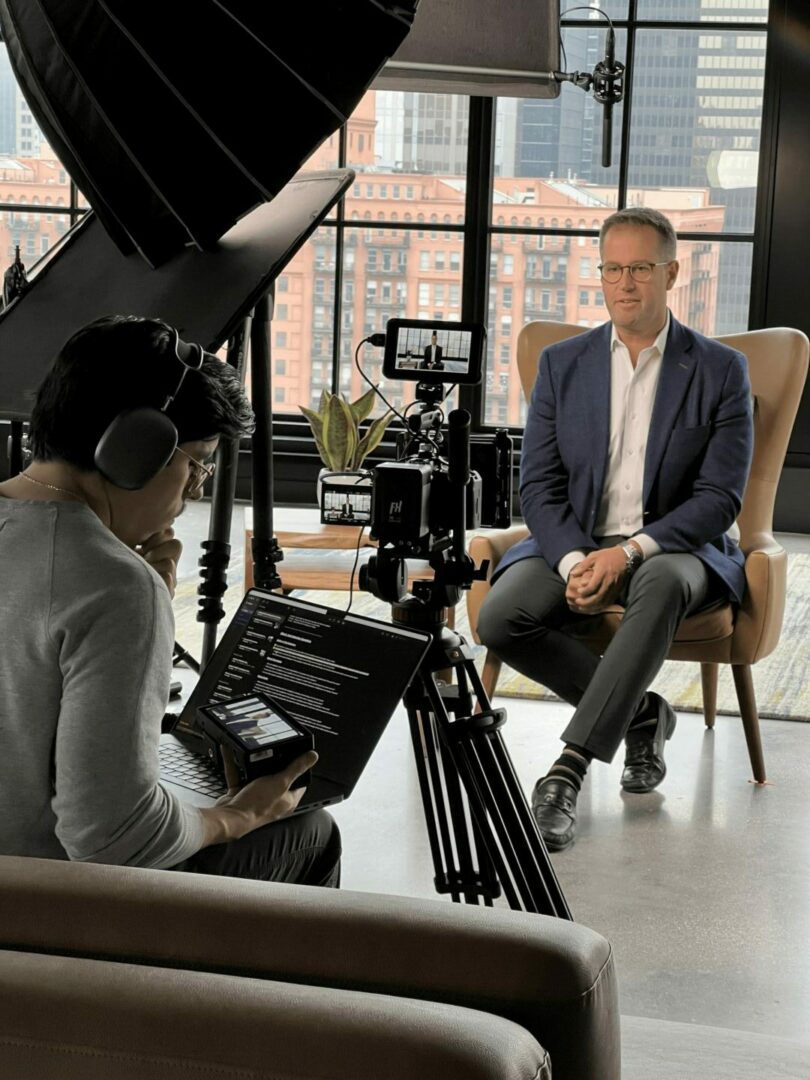
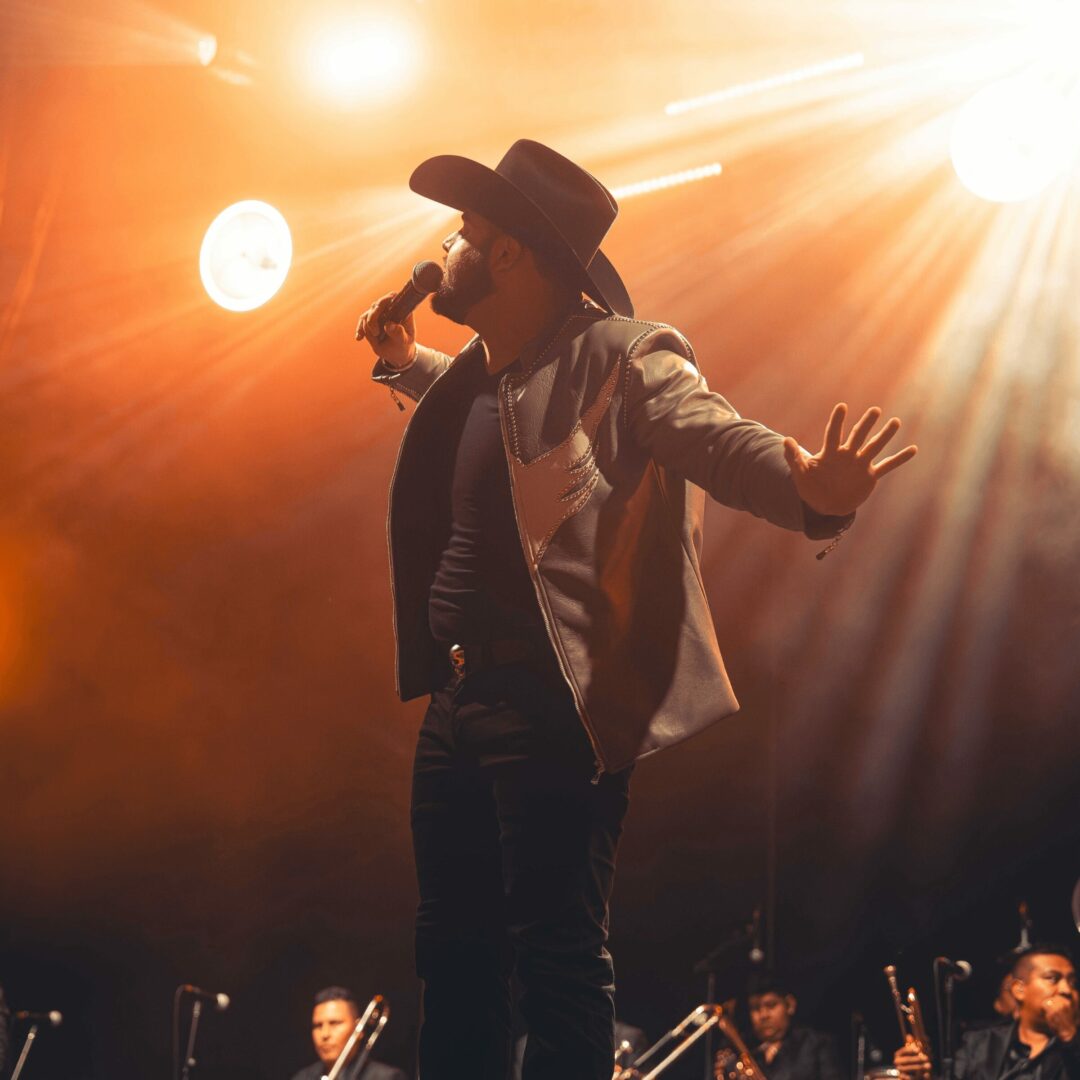
If you had to pick three qualities that are most important to develop, which three would you say matter most?
So, I used to sell weed, actually. I do not recommend nor advocate anyone doing illegal activities of any kind, but for me, I learned quickly that if I wanted to do things the “right way” I was not going to see much growth. I was working 20-28 hours at Potbelly, convenient stores, and movie theaters trying to just get by as I was going to college. Even when I shifted to full-time during summers, I still had very little money to save or invest in anything. So, when I started selling weed, I took it very seriously. I was a professional about it, and never smoked my own product to make sure I wasn’t reducing my profit. I was very prompt with how quickly I responded to my clients. I made sure to give them good prices, fair deals, give extra to repeat clients, and I even delivered to some clients if they bought enough with no added fee to them. So, I feel like I actually learned a lot of entrepreneurial skills from that. I actually ran the “business” with my girlfriend at that time, and we divided up the work that had us focus on our strengths. She was excellent at getting new clients and talking up our products, while I actually sold them the product and closed most of the deals. Eventually, I was able to save up enough to buy my first camera package. A proper camera, a good set of lenses, batteries, etc. I always looked at the weed situation as temporarily necessary. Even when I was selling, I still tried to do things correctly and continued to maintain a part-time job and school activities past just going to class. So, that was the first time I ever felt like I ran a business for myself. Haha. The skills I gained definitely set the foundation for how I continue to conduct business.
Then, I pivoted out of that by beginning the path down an actual career. I used the money I saved up from doing all this work to get myself a full-time unpaid internship at two separate editing-houses in Chicago. One that focused on professional advertisements for national companies and brands, and the other a non-profit film company that made feature-length documentaries that served to help underserved communities. These internships laid the groundwork for my understanding of the film industry in Chicago. Since I was on both sides of the spectrum–clients with a lot of money and clients with very tight budgets–I got to see how the process was professionally accomplished based on those means. I learned and understood organization, file structure, the steps of each process from pre-production, production, and post-production. I learned equipment I had never heard about, techniques and methods that you’ll never find in a book, and started building out a network of people as I continued my work.
Then the pandemic happened, so I began a new venture. I refused to allow the pandemic to stop the momentum I had already achieved. I began freelancing as a production assistant for large commercial sets, I also joined a cohort of young professionals in the film industry, while I also freelanced as an editor and shooter for small production companies.
I think the cohort I joined, which was hosted by a non-profit called Free Spirit Media, really did a lot to grow my confidence as a young entrepreneur. A group of 16 of us were chosen based on our interest and burgeoning experience in film & TV. Some of us wanted to be filmmakers, others actors, and even stand-up comedians. I was chosen to direct the short film that the organization was producing called “Bermuda”. The film was written by a previous cohort member and my crew would be my cohort along with students from DePaul who were in partnership with the nonprofit. It was really exhilarating for me because I got to put to use all the things I had to come to learn from being on set and working in professional spaces. I had a full understanding of how the entire process worked, so I was able to deliver a short film that blew far past the expectations of what was expected. I think “Bermuda” went on to be selected in over 14 film festivals across the nation, but the biggest achievement for me was the fact that it opened for the Black Harvest Film Festival in Chicago and played at the Gene Siskel Film Center to a full audience. It was a huge accomplishment for me. Especially since I myself did not represent what the characters were, nor was it my own story. I was able to prove to myself and to others that I could take on a creative project, and no matter how different it is from me, I can still fully understand and delivery what is needed to make it successful.
If I had to give advice to someone who’s on the same journey as me….I think the thing I notice the most often is how entitled a lot of my peers are. I understand that after college, you already feel like you’ve done the work needed and gotten the experience required to begin working on big budget projects for large companies and brands and artists, but it’s simply not the real way of looking at things. I think because I started at the bottom, I was willing to take a lot of jobs and opportunities that other friends simply rejected. I worked unpaid internships, which a lot of my friends think are bullshit, but I got to observe and learn a lot really quickly. I worked for really small production companies that did not pay well at all, but I got to practice and make mistakes and develop my style and skills without fear of ruining my reputation or losing money. I moved tactfully and incrementally in the direction I knew I wanted to go. And then, in just a few short years, I’ve been able to go from not knowing cameras at all, to being hired for how well I use my cameras. So, I always try to tell friends to humble themselves a bit. You have to work, you have to practice, you have to prove yourself. Also, consistency is more important than a niche perfect portfolio. Almost everything I make still feels like I’m practicing. Experimenting. Trying things out to challenge myself. That way, I can continue to work without feeling like I’m only making a good project every few months. I have some friends who will do one project once a year, or only work on the things that they want to do like writing and directing their own short films, but you have to expand your horizons, challenge your capabilities, put yourself in positions where you’re uncomfortable. I did this all accidentally, I just kind of got lucky, but I also worked incredibly hard to be where I’m at now in my career. Furthermore, I made active decisions in how I approached the few opportunities I was getting at the beginning. I have felt like most of my career, I have not been getting paid properly for the amount of work that was required of me or the expectations clients had. But now, the balance is far more in my favor…Most of the time. haha. I know how to confidently state my rates, negotiate prices, discuss budgets, adjust clients expectations, tell them when something is impossible or will require additional charges. I know how to package services, price services, bring on crew, delegate work to my crew, offer realistic turnaround times, breakdown timelines for delivery, provide contracts and paperwork to close a deal, maintain relationships with both client and crew networks that I’ve built up over the years…all of this came to me slowly and incrementally from starting at the bottom and learning and growing and developing until what feels like all of a sudden, I’m a completely different person with wide knowledge because of the immense amount of experience I allowed myself.
So, yeah. It’s not about trying to get big jobs quickly, it’s about being honest with yourself, knowing what direction you want to go, but understanding that you will have to work and prove yourself to others before you are trusted with more money, higher budgets, or given more creative control. A diploma doesn’t matter, having one good project doesn’t matter, people like to see that there has been consistency throughout. That they can objectively see for themselves that you know your stuff, and you have created the infrastructure to show off your accomplishments. Most of the time, I don’t even have to talk to a client to close the deal, they’ve already researched me or been recommended to me and found my websites, or my portfolios, or my social medias, and they’re already wanting to work together, the call is just a formality. I only got to this point because I never allowed myself to think that I was above any of this grunt work. The best general is a former soldier, that’s my mentality. If I get to call myself general, it’s because I worked myself up the ranks as a soldier.


Alright, so before we go we want to ask you to take a moment to reflect and share what you think you would do if you somehow knew you only had a decade of life left?
Right now, I think the two top challenges I’m facing are the ceiling that I’m hitting when it comes to my network of clients and their budgets, and finding more talent that I can bring onto our team.
The current ecosystem of video work is really being thrown out of whack with the advent of social media influencers. A lot of clients now are expecting way too much for way too little pay. And it’s kind of permeating through a lot of industries, even corporate work. Also, the economy itself is causing a lot of video people to be desperate for work, so they’ll take on jobs for far too little pay just so they can have something to do. So, that makes us compete with people either offering video services for far cheaper than what they should be, or literally for free since influencers get paid through social media sites instead of through the client. It’s a tough situation. Especially because a lot of the times clients think they know how our job is done since it’s so prevalent in our everyday lives, and everyone fancies themselves a video person because of our phones. So, a lot of the times clients take for granted just how much value we bring and provide. Sometimes the services they’re requesting extend beyond simply capturing video, and fall more into conceptualization, project management, creative marketing–we can do all that, but each service has its price and does not fall under the umbrella term of “video”. So, I’ve been overcommunicating a lot to new clients to help them understand how our relationship works. I personally don’t worry if a project falls through, because I would rather it fall through as quickly into the process as possible, rather than in later stages after several hours have been invested. And I do not hesitate to state things as directly as possible. Too many people in general love to pretend they know everything, I am the complete opposite. As soon as I don’t know something, I ask for an explanation. I think it gets me a lot more respect from my clients because I’m not showing I’m an idiot, I’m showing that I’m honest. And they appreciate that. They know I’m not bullshitting them, so when I say something concretely, they feel more secure in knowing that I understand their goals and have their best interests in mind. But a lot of clients still view Marius & I as two guys with cameras and some lights, not as a full service video production company. It’s been a minute since we’ve had time to properly update our website and push out ads, so the fault is partly our own. But we’re working on it.
That being said, the other challenge is that it really is difficult to build a team and find good, reliable talent. A lot of people would rather work on their own rather than with a team. Or they expect far too much pay for the services or jobs they’re providing for us. Or even worse they get greedy and attempt to take clients from us, or clients will go to them behind our backs to try them out. I have been burned several times when attempting to bring more people on to my team. Either they show up late, don’t present themselves well to the client, lose footage which ruins the project, or poach clients, amongst many other issues…I’ve had to become very discerning in who I decide to try out, and I get very upset at betrayal or laziness because I know I treat my team well. I pay fair rates, don’t overwork my people, make sure that I give clear instruction and direction in their assignments…Too many people don’t do what I’ve done for myself, which is treat opportunities as investments. How am I to know that someone I’m hiring for a job can properly shoot a convention? Sure, they may have a strong portfolio of travel work or performance work, but that is kind of irrelevant to the job I’m hiring them for. I can judge their skill and talent and be sure that they have the equipment required, but there is something that comes from the experience of actually having done the specific job before. You don’t realize the million little variables that come from doing the job. So, sometimes I still feel a huge sense of entitlement from people I’m trying out. But I’ve also become more comfortable in explaining that I have to test them out and see how reliable they are, see if they can deliver, feel how the handle pressure, test their honesty or loyalty, figure out where their ambitions lie and if they truly wish to build with us as a part of the team or will cut out and drop us if a better opportunity is presented. It can be disappointing at times, but I have been able to find a pretty solid team of people I go to for jobs. And I continue to look out for talent as we continue to grow…
A lot of this I’m figuring out for myself. I have no mentor, and I do not have anyone in my family I can really look to for advice. None of them are business owners of any kind, so Marius & I lean on each other a lot to help support each other. I’m very thankful to have a friend and business partner who I can wholly trust. He’s my brother at this point and just like a brother, I’m sometimes helping him, he’s sometimes helping me.
Contact Info:
- Website: https://www.chicagovalley.com
- Instagram: @enzo.shootz, @chicagovalley, @mariusrud
- Facebook: https://www.facebook.com/lorenzo.leyva.96/
- Linkedin: https://www.linkedin.com/in/lorenzo-leyva/
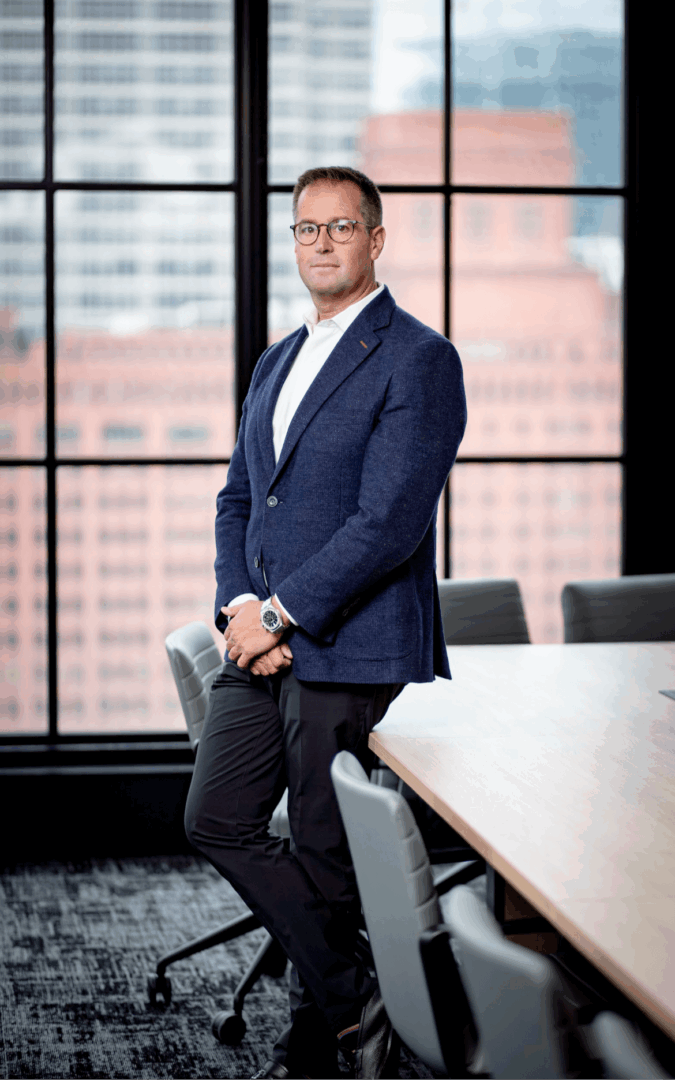
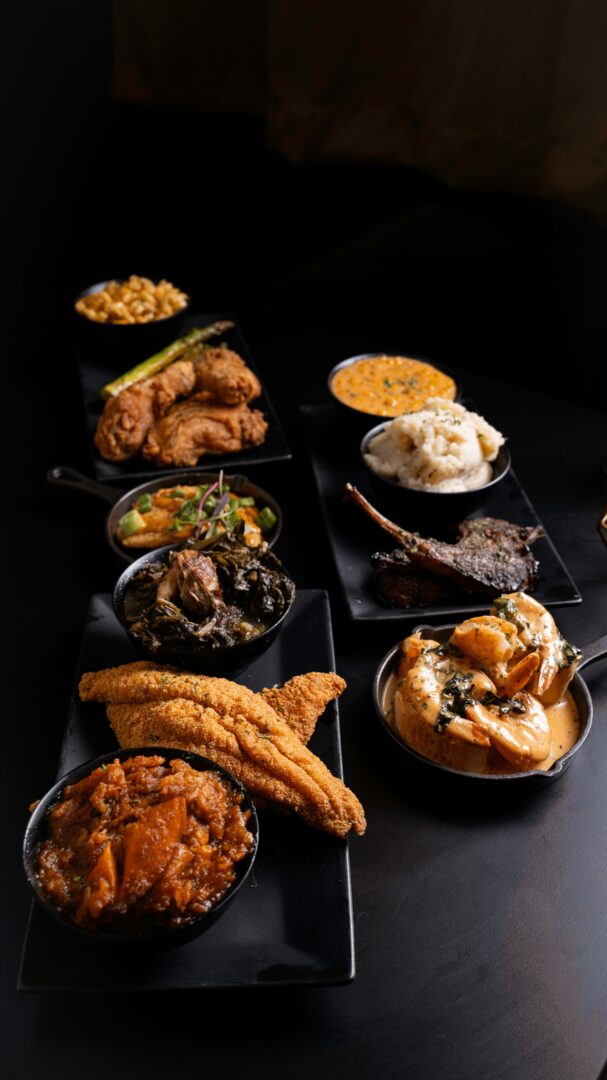
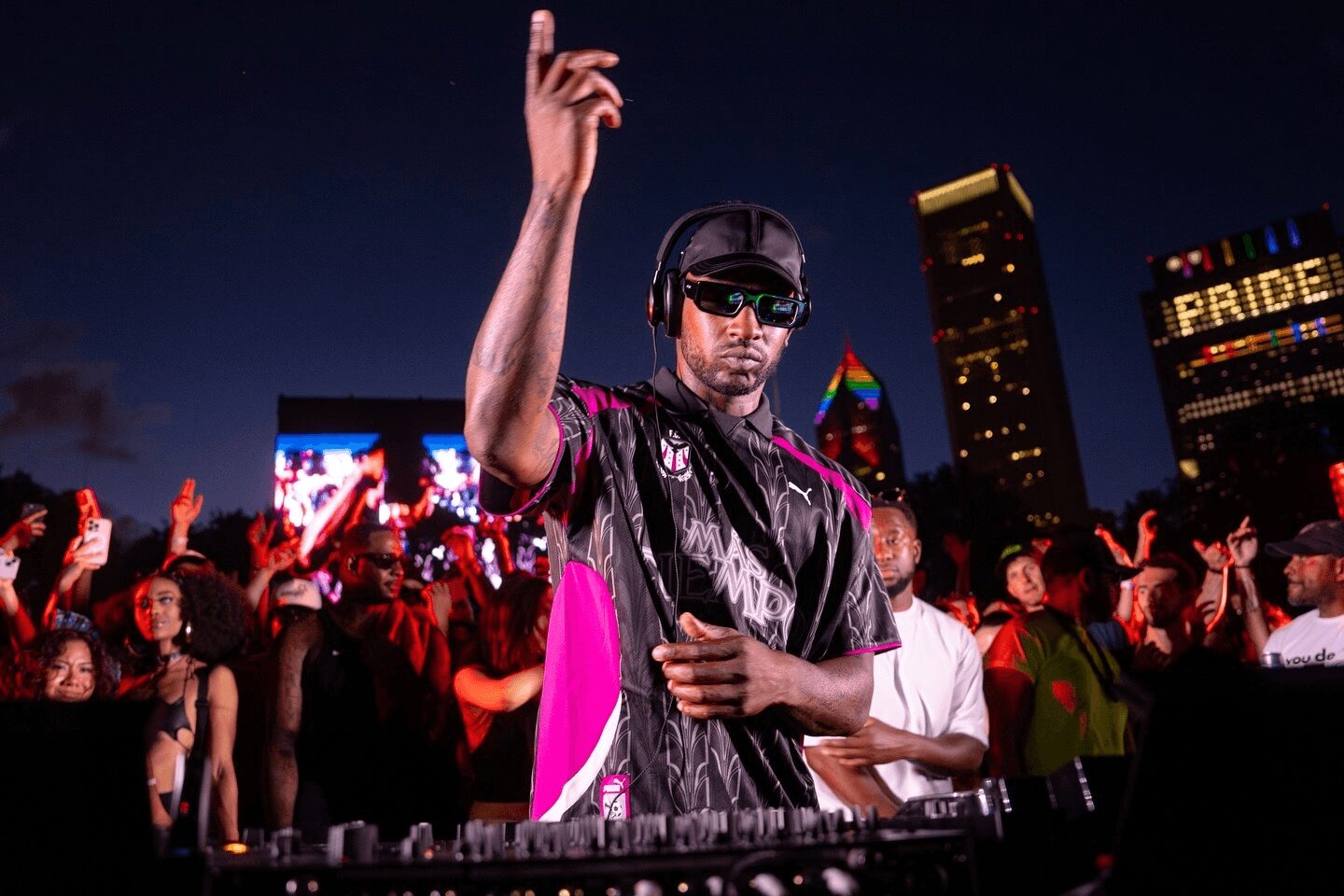



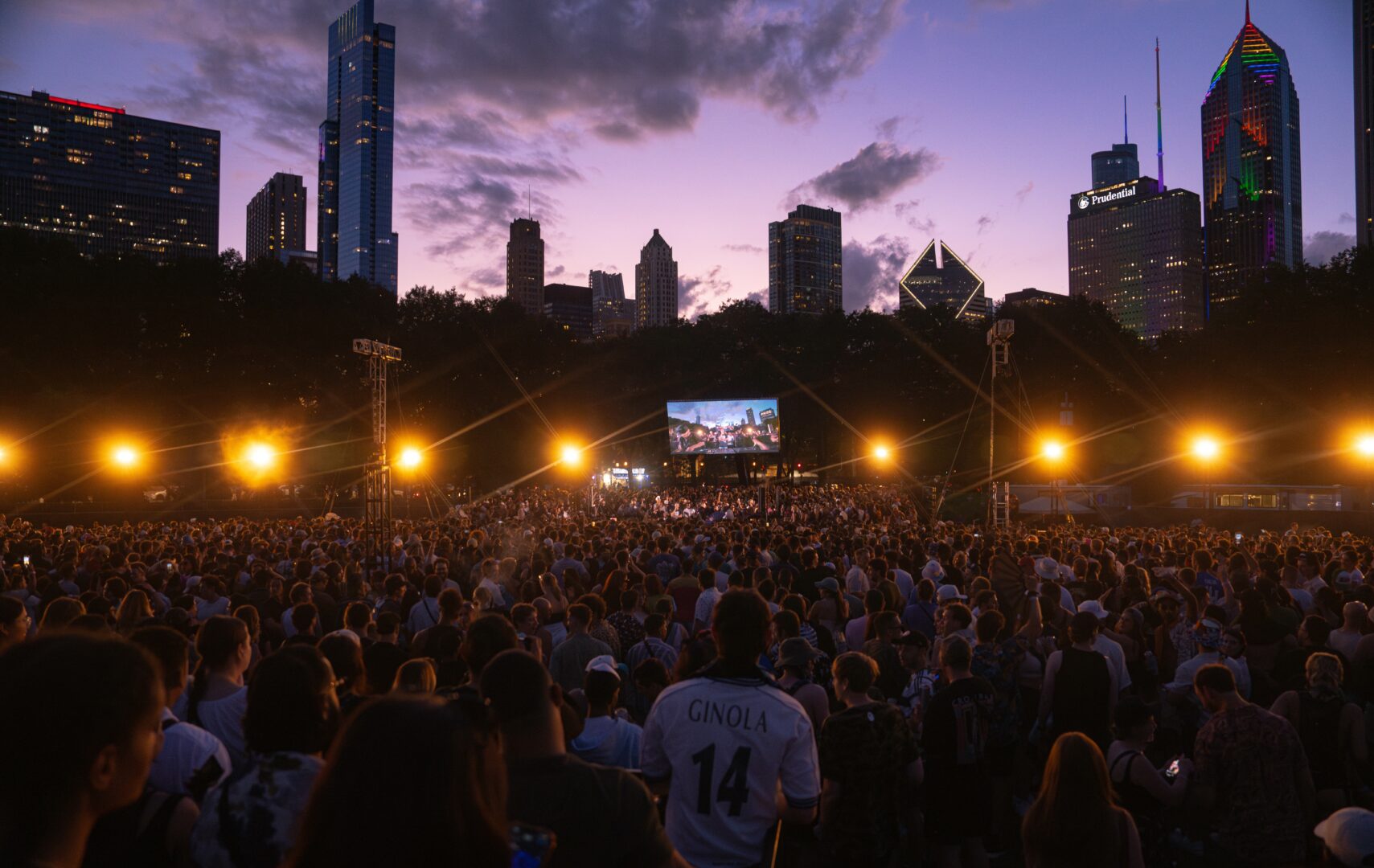

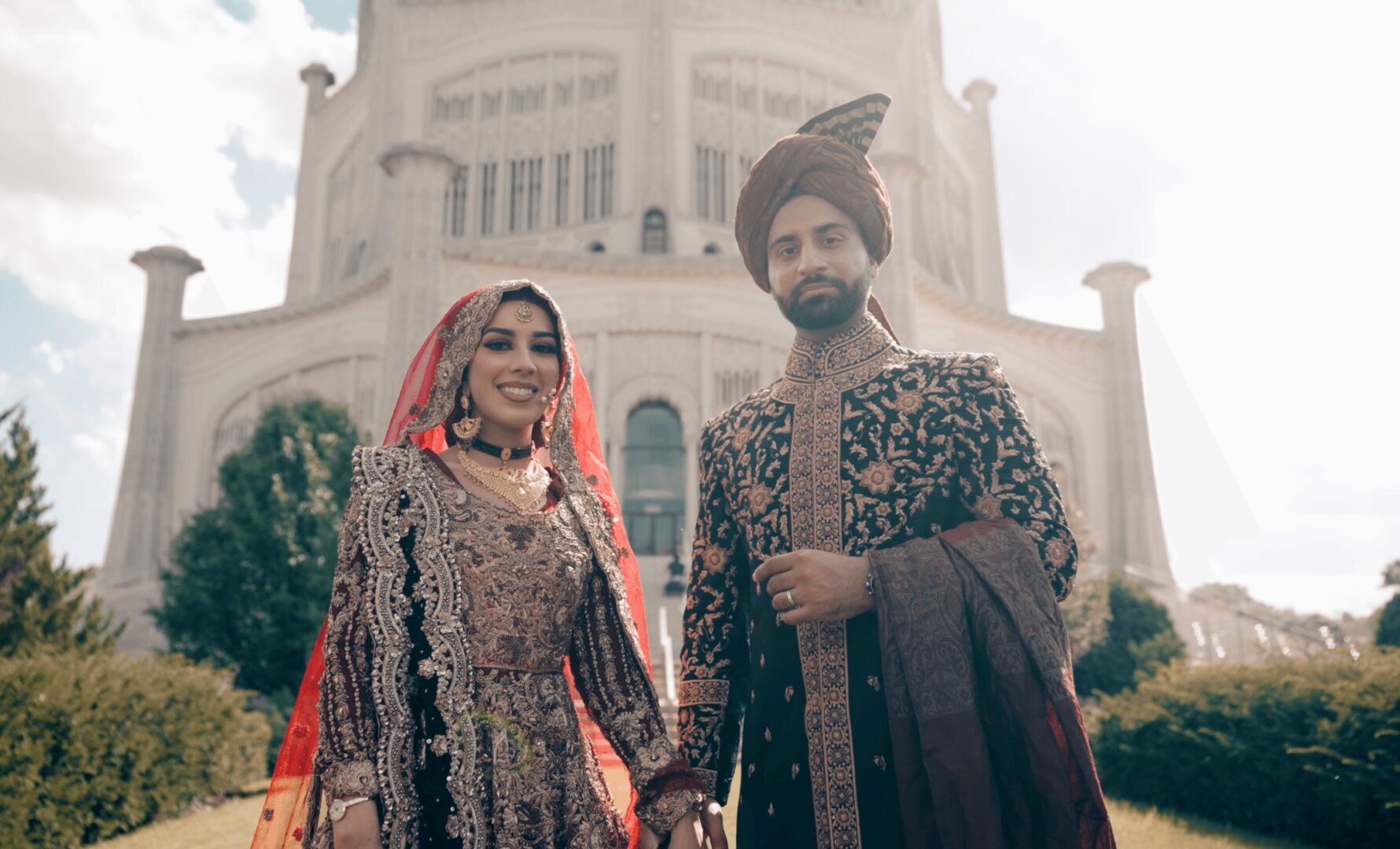
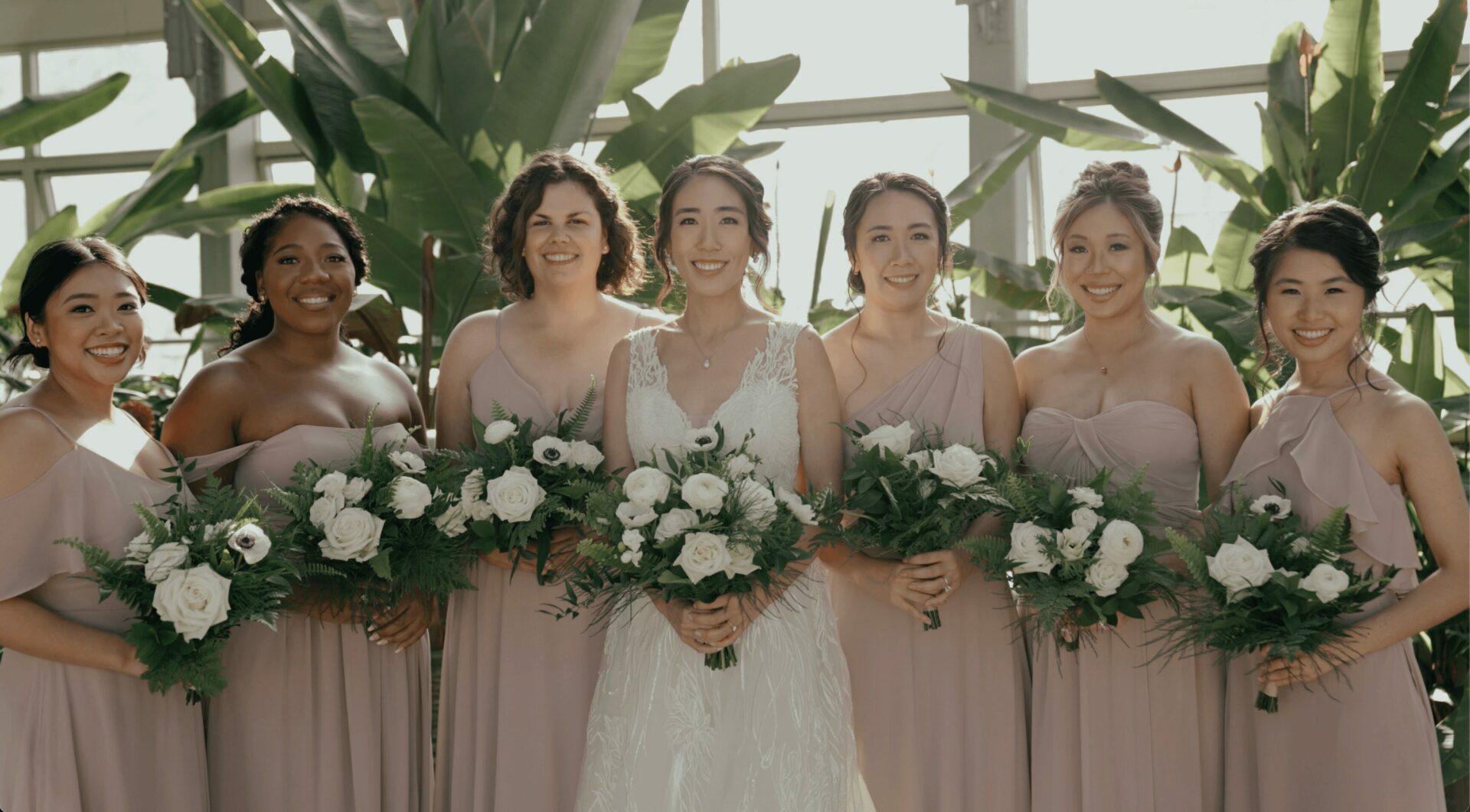
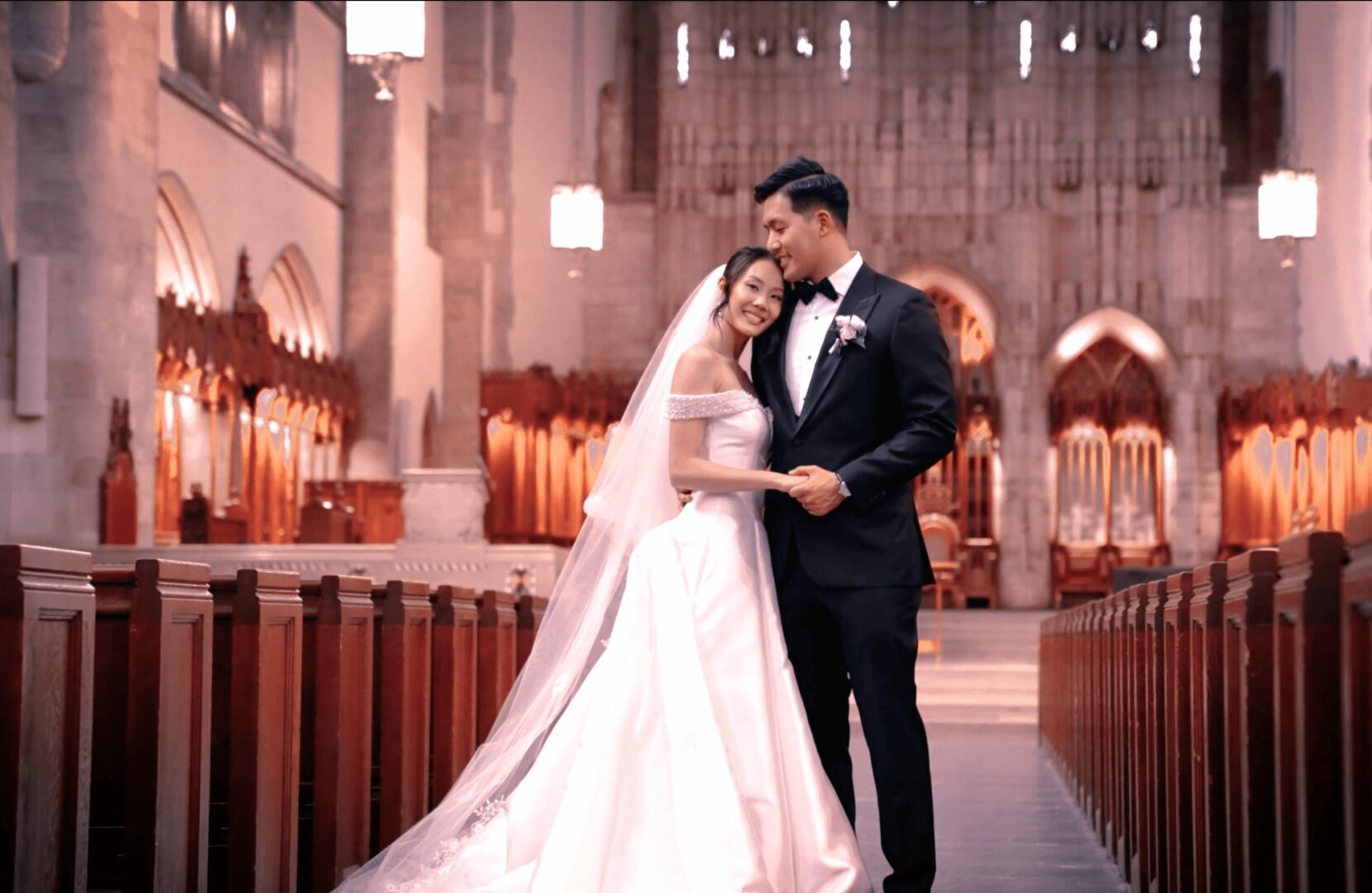
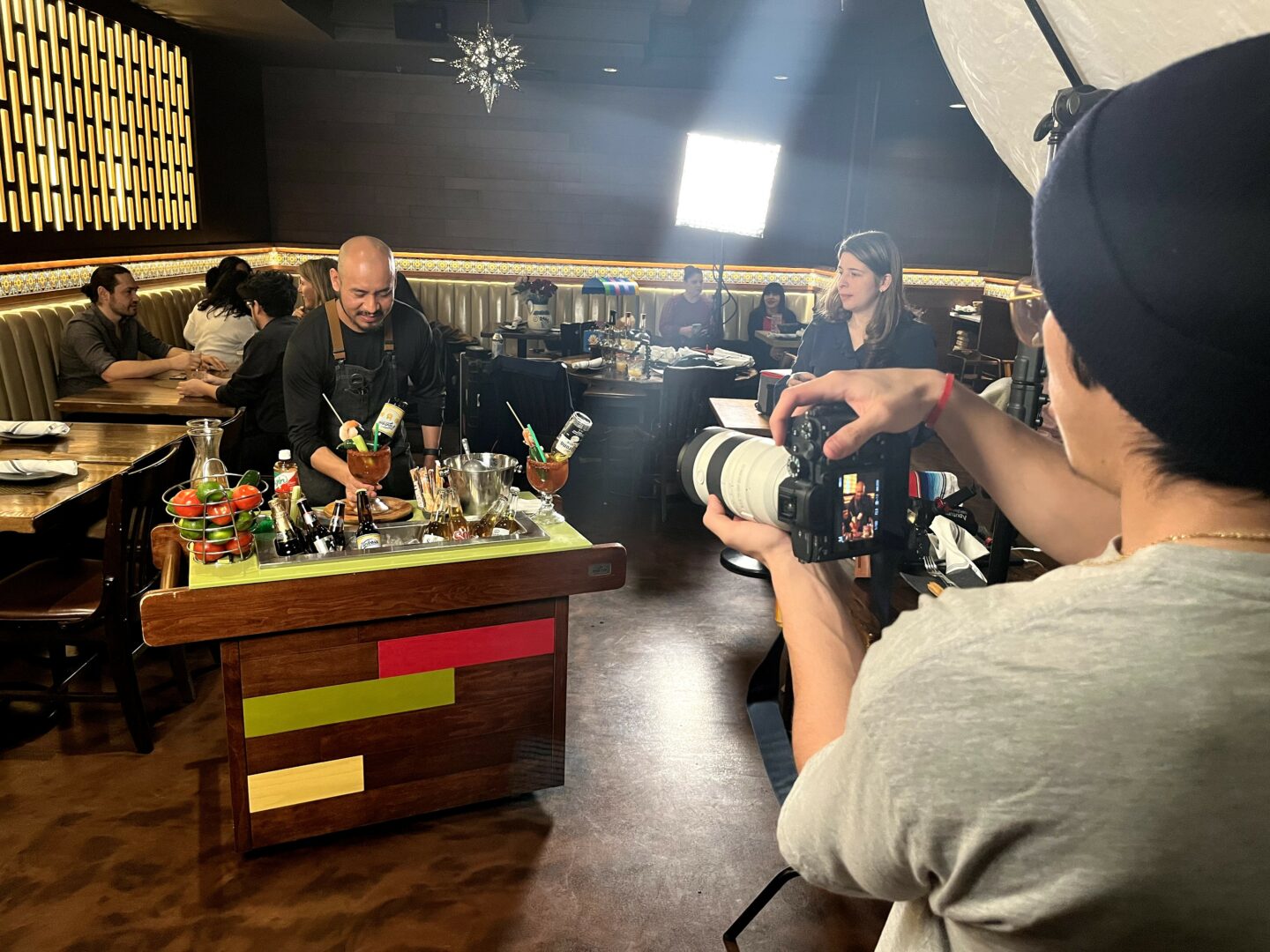

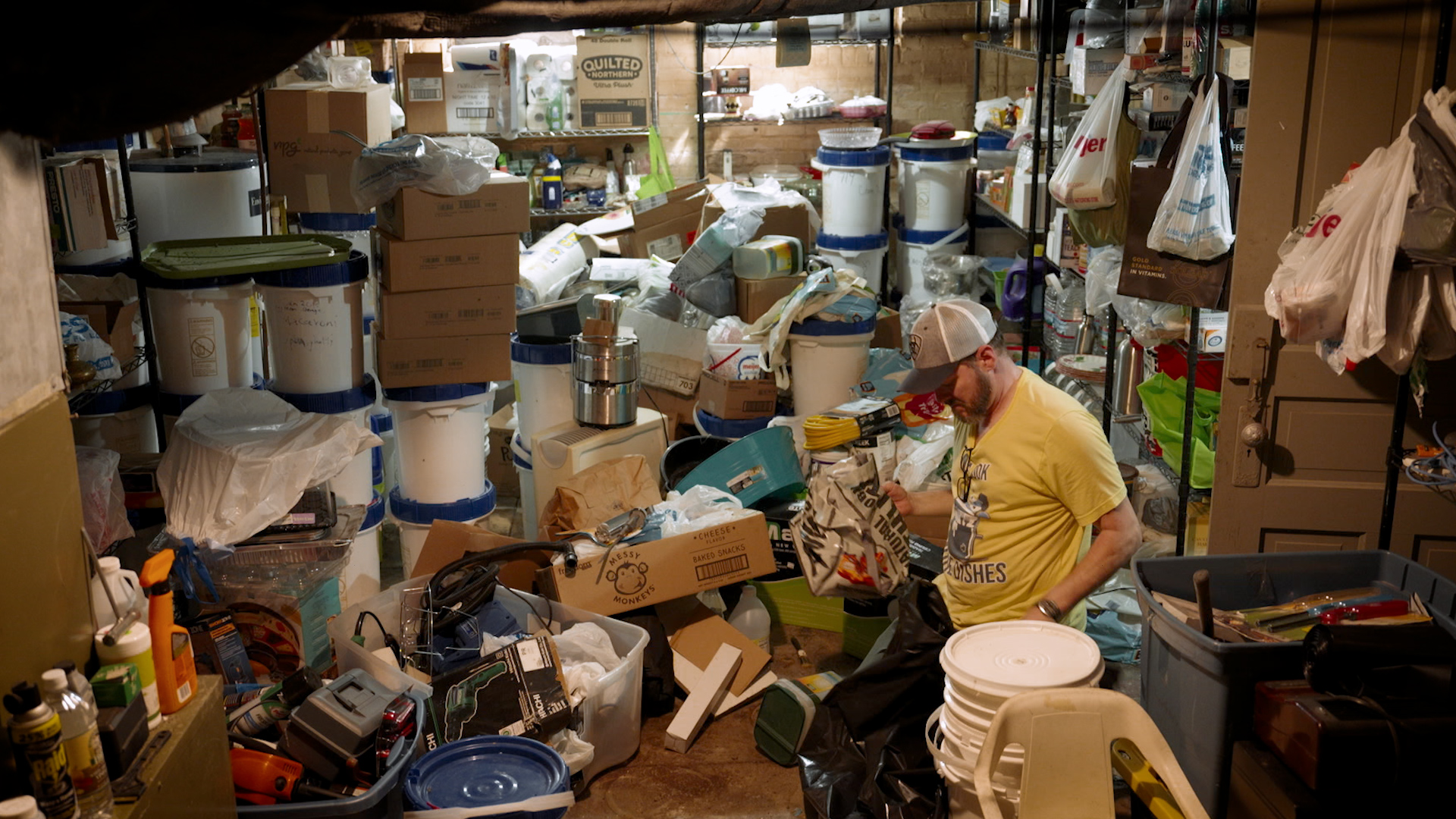


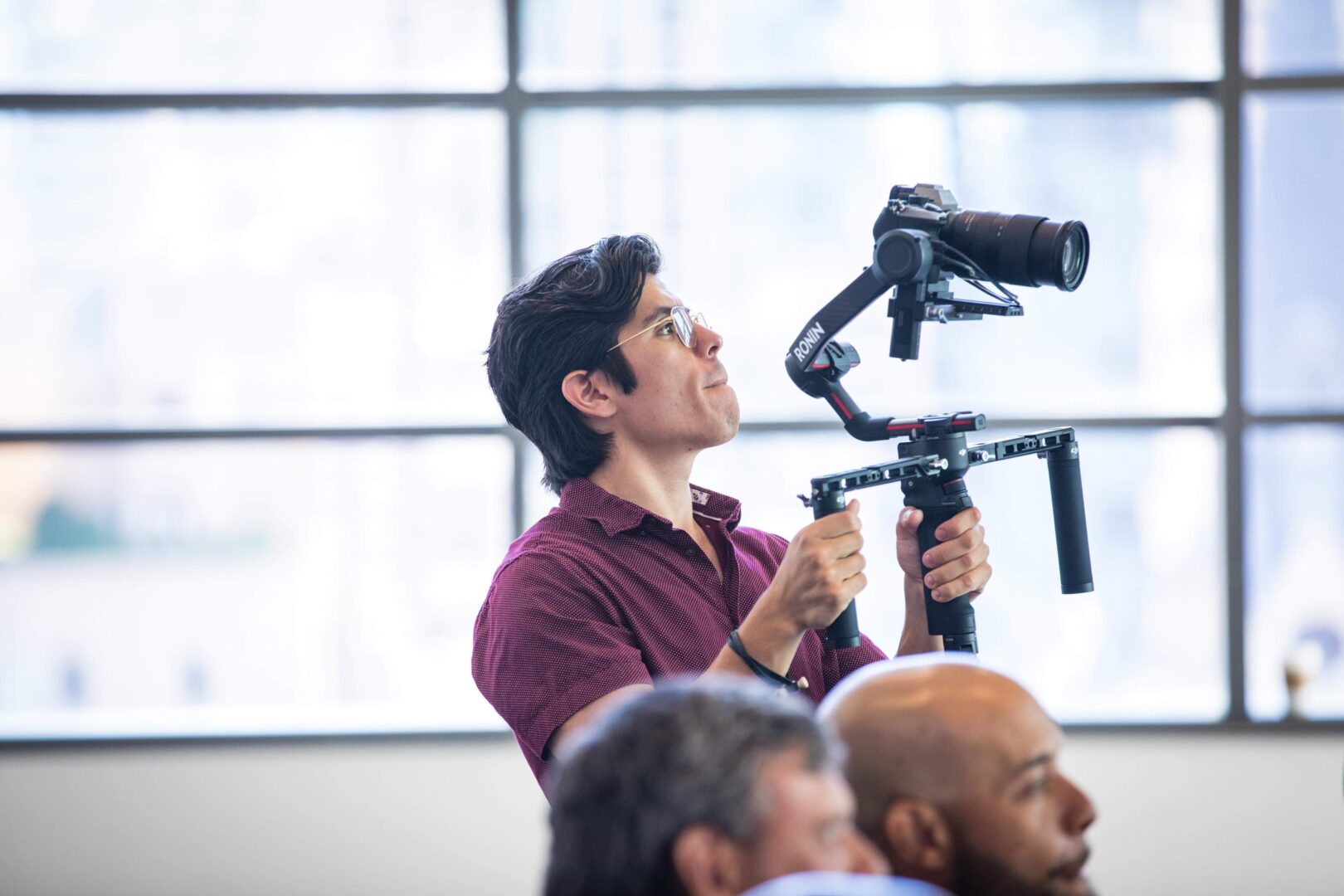
so if you or someone you know deserves recognition please let us know here.

